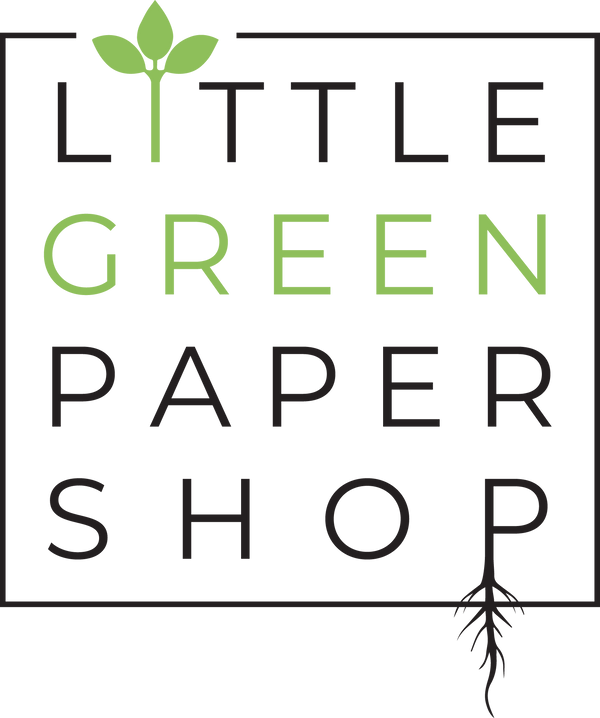
Do Bees Really Still Need Our Help?
Share
In recent years, the phrase "save the bees" has become a common rallying cry, with many of us doing our part by planting flowers, reducing pesticide use, and raising awareness. But with so much attention on this cause, you might wonder: Do bees still need our help?
The short answer is yes. Despite increasing awareness and action, bees are still facing serious challenges that threaten their survival. Let’s explore why bees remain at risk, why their wellbeing is crucial to our environment, and how we can continue to support them.
Why Are Bees So Important?
Bees are essential pollinators that help plants reproduce. In fact, around 75% of global food crops rely on pollination, including fruits, vegetables, nuts, and seeds. Without bees, we’d see a significant decline in the variety and availability of these crops, leading to food shortages and increased prices.
Beyond their role in agriculture, bees also support biodiversity by pollinating wild plants. These plants create habitats for other species and help maintain balanced ecosystems, which are crucial for a healthy planet.
The Ongoing Threats Bees Face
Although we’re more aware of bees' importance, they continue to face numerous challenges:
-
Loss of Habitat
As urban areas expand and intensive farming practices take over, bees are losing their natural habitats. Meadows and fields that once provided bees with a rich variety of flowers for foraging are disappearing, leaving them with fewer food sources. -
Pesticides
The widespread use of pesticides, particularly neonicotinoids, poses a significant risk to bees. These chemicals can harm bees by affecting their ability to navigate and forage, ultimately leading to the decline of entire colonies. While some regions have implemented bans on harmful pesticides, they are still used in many areas. -
Climate Change
Climate change is disrupting the natural cycles that bees depend on. Changes in temperature and unpredictable weather patterns affect when plants bloom, sometimes leaving bees without the food they need at critical times. In addition, extreme weather events can damage bee habitats. -
Pests and Diseases
Bees are also vulnerable to pests, such as the Varroa mite, which weakens colonies by spreading diseases. Combined with other stresses like pesticide exposure, these pests can be devastating to bee populations. -
Monoculture Farming
Industrial-scale farming, where large areas are planted with just one type of crop, limits the diversity of plants available to bees. This reduces the variety of nutrients they can access, making it harder for them to stay healthy.
How Can We Continue to Help?
While the challenges are real, there are plenty of ways we can continue to support bees in our daily lives:
-
Plant Bee-Friendly Flowers
One of the easiest ways to support bees is by planting a variety of bee-friendly flowers. Choose native wildflowers and plants that bloom at different times of the year to provide bees with a consistent food source throughout the seasons. -
Go Pesticide-Free
Avoid using chemical pesticides in your garden. Instead, explore organic or natural pest control methods that won’t harm bees. If you must use pesticides, try to apply them in the early morning or late evening when bees are less active. -
Support Sustainable Paper Products
At Little Green Paper Shop, we’re committed to protecting the environment, including our precious pollinators. By choosing sustainable, recycled paper products, you’re supporting eco-friendly practices that help reduce deforestation and habitat destruction, which directly benefits bees and other wildlife. -
Create Bee Habitats
In addition to planting flowers, you can create safe spaces for bees to nest. Bee hotels and leaving undisturbed areas in your garden, such as patches of soil or fallen logs, provide essential shelter for solitary bees. -
Raise Awareness
Spread the word about the importance of bees and the threats they face. Encourage your community to take action, whether it’s by planting bee-friendly gardens, reducing pesticide use, or supporting conservation efforts. Every small step can make a big difference.
Conclusion
Yes, bees still need our help. Despite growing awareness and efforts to protect them, bees continue to face serious threats from habitat loss, pesticides, climate change, and more. By taking simple actions like planting bee-friendly flowers, avoiding pesticides, and supporting eco-friendly products, we can make a significant difference.
At Little Green Paper Shop, we’re dedicated to sustainability and helping the environment thrive. Our range of eco-friendly, recycled paper products is designed to reduce waste and minimise our environmental footprint, and we’re proud to be part of the solution to protecting bees and the planet.
Together, let’s continue to do our part in creating a greener, healthier world for bees and for us all.
